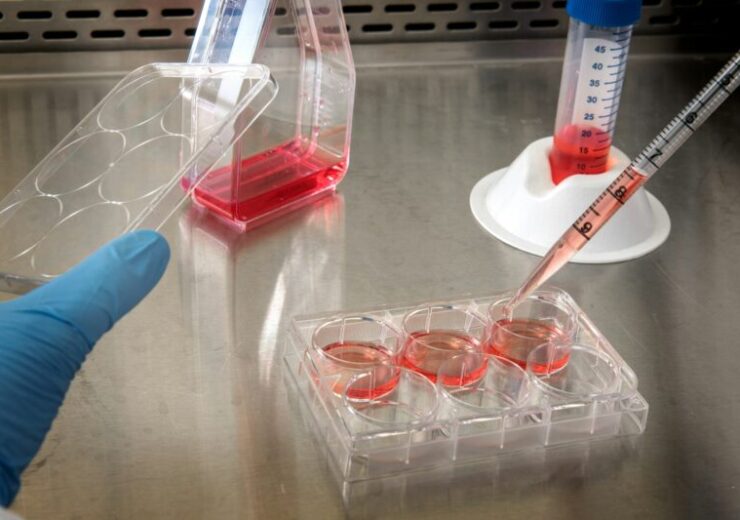The research use only test is a tumour-naïve plasma-based test designed to assess circulating tumour DNA (ctDNA) in the blood of patients with early-stage CRC after surgery

Tempus unveils xM assay for colorectal cancer patients. (Credit: CDC on Unsplash)
Tempus, a company focused on artificial intelligence and precision medicine, has launched xM assay to detect minimal residual disease (MRD) in colorectal cancer (CRC) patients.
xM, the latest addition to the company’s comprehensive testing solutions portfolio, is a tumour-naïve plasma-based test.
The research use only is designed to assess circulating tumour DNA (ctDNA) in the blood of patients with early-stage CRC after surgery.
Tempus said that the assay uses a liquid biopsy method to assess MRD without requiring baseline tumour tissue. It also provides a binary MRD assessment based on both methylation and genomic variant MRD classifiers.
Additionally, it applies algorithms that facilitate the filtering of artifacts, clonal haematopoiesis of indeterminate potential (CHIP), and germline variations.
xM is intended to find and monitor patients who have low quantities of tumour DNA in their bloodstream, are at risk of recurrence, and might benefit from post-surgery treatment.
Tempus chief scientific officer Kate Sasser said: “Colorectal cancer is the second leading cause of cancer-related deaths worldwide, and surgical intervention alone may not be curative for all patients.
“Emerging data suggests that patients may benefit from diagnostic tests that can detect recurrence with more analytical sensitivity compared to standard surveillance mechanisms like imaging.
“We’re excited to introduce a blood-based MRD test that can quickly assess if a patient is at risk of recurrence with high specificity and sensitivity, and xM is a great complement to our growing portfolio of diagnostics as it is a very helpful tool for patients earlier in their treatment journey.”
The precision medicine company said it is presenting data at the 2024 ASCO Gastrointestinal Cancers Symposium from a study that showed that xM can identify clinical recurrence of early-stage CRC at a significant single time point four weeks following curative surgery.
The test demonstrated a high clinical specificity of 94% and a sensitivity of 53%.
Tempus is currently doing further clinical validation trials of the test to improve these findings.
The company will offer two different MRD assays in its testing portfolio, including both a tumour-naïve (xM) and tumour-informed test (NeXT).
